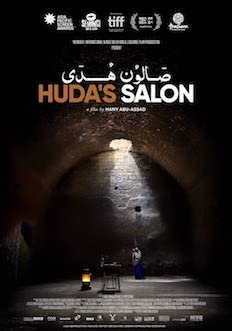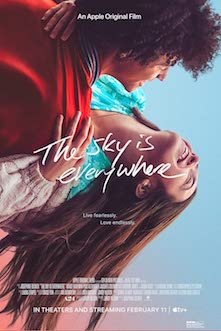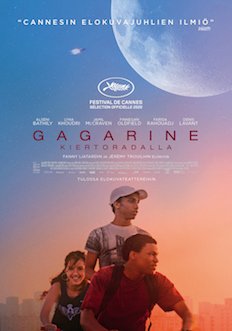Direction: Tony Stone
Country: USA
Based on Theodore Kaczynski's diaries and writings, Ted K is an unthrilling, dry account of the nearly reclusive years of the man known as the Unabomber. After one year of teaching at the UC Berkeley, this sinister, if clever, mathematician goes to live in a wooden cabin with no electricity and no water in the woods of Lincoln, Montana. There, he ruminates about killing the people he doesn’t like. Being anti-social, anti-technology and anti-noise, he pledges revenge against society, which results in a spiral of bombing attacks. Concurrently, he wrote a 35,000-word manifesto that would play a key role in his capture in 1996. However, what really messed with this radical's head was his sexual frustration.
Having released a successful documentary in 2016 (Peter and the Farm), director Tony Stone seems to be fascinated by the topic of isolation. However, the aimlessness and mediocrity of Ted K is underwhelming for a movie of its kind. Whereas his direction is wayward, the main actor, Sharlto Copley (District 9, 2009; Elysium, 2013), is OK but not exactly tailored for the role. The film lugs around the secluded life and obsessive ideas of the title character, but after we get his point, it becomes terribly boring, with too many unnecessary scenes severely impairing our viewing.
Boasting some great landscape shots, this biopic was sufficiently clear about impractical relationships and sexual frustration, but is a missed opportunity in everything else.








































